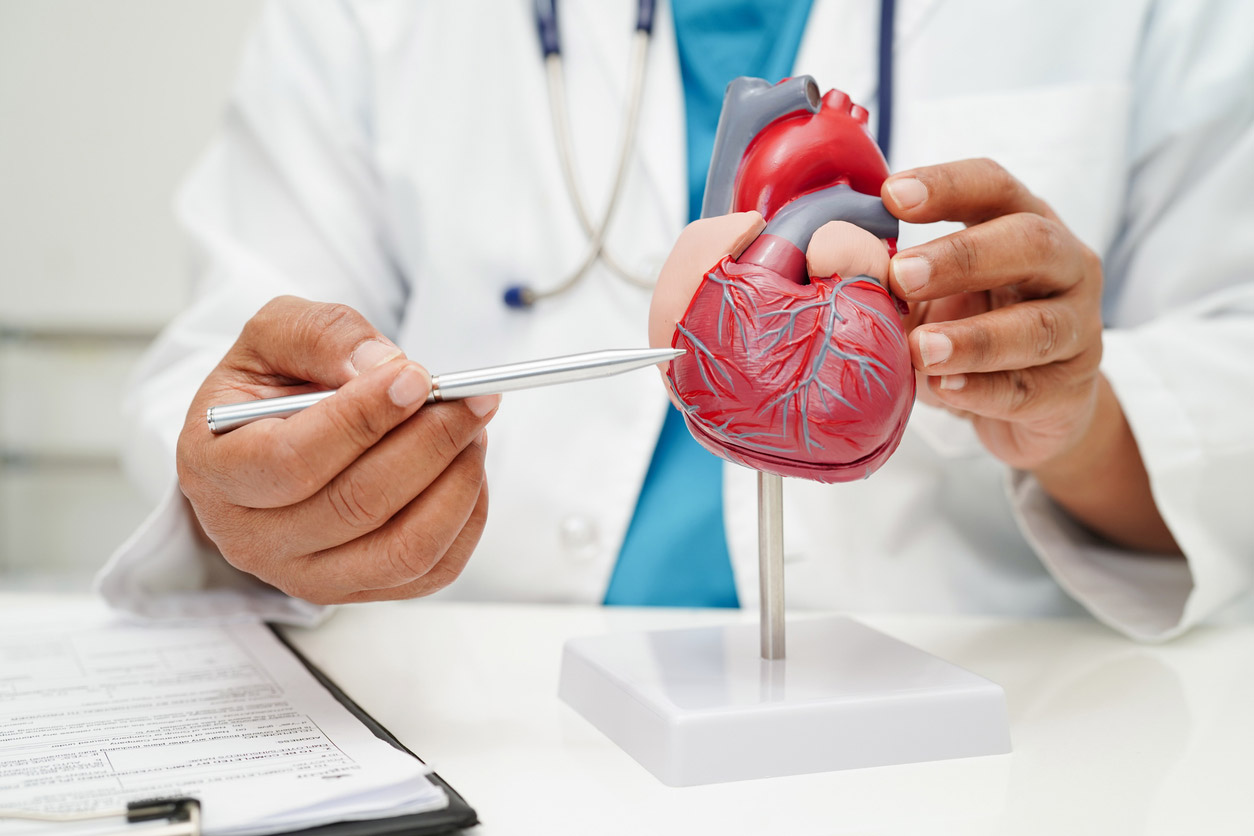


Understanding Cholesterol and Its Impact on Your Heart
As you work on being the healthiest you can be and taking good care of your body, there are a few tests your doctor will likely run to assess how you’re doing. One of the most common tests you’ll get over the course of your life is a blood test to determine your cholesterol levels.
While by no means the only health metric that is determined through blood tests, cholesterol is extremely important in assessing your risk for serious conditions like heart disease and high blood pressure.
Let’s dive into exactly what high cholesterol is and how it can impact your heart and overall cardiovascular health.
What Is High Cholesterol and How Can It Affect Your Heart?
Simply put, cholesterol is a substance in your blood that helps build cells in your body. Though you do need cholesterol to function, having too much cholesterol in your bloodstream (or high cholesterol) can be detrimental to your health.
A high level of cholesterol in your bloodstream can cause fatty deposits to form in your blood vessels that make it hard for blood to flow freely and can even cause blood clots to form. These blood clots can then cause you to have a heart attack or stroke.
What Causes High Cholesterol?
Generally speaking, living a healthy lifestyle can help prevent high cholesterol but genetic factors can influence your cholesterol levels.
Lifestyle choices that can influence your cholesterol levels include:
- The amount of exercise you get
- Your stress levels
- Diet decisions
- Smoking
- Drinking alcohol
Remember to get your cholesterol checked regularly, as your provider recommends. If you have high cholesterol, consult your doctor and dietician about changes you can make to lower it.
The information on this site is for informational purposes only and should not replace direct medical advice, diagnosis, or treatment from your doctor or another qualified healthcare provider.
Sources:


.jpg)
.jpg)
.jpg)


















.jpg)





















.jpg)

















.jpg)


























.jpg)
.jpg)
.jpg)









